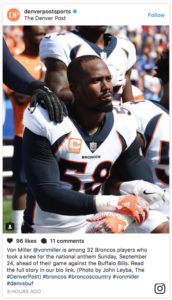
ESPN, the sports cable channel and ratings powerhouse, is laying off hundreds of employees and announcing that it will not fill hundreds of additional open positions. The cuts total approximately 10% of their overall employees.
The Covid pandemic has not been kind to TV sports and ESPN is suffering as a result. When the pandemic hit, professional and college sports were sidelined, and when the athletes returned to the fields, the viewers, for some reason, did not return to their TVs. As I noted in an earlier post, TV ratings have tanked for nearly every sport and analysts are not sure why.
The economic model for most major media channels is based on advertising revenue. Ad dollars follow audiences made up of prospective consumers of the products that advertisers need to reach. If ESPN can recapture sizable audiences for their programming, advertising revenue will follow and that will allow them to rehire workers. But until then, they have to find ways to cut their losses. And remember, ESPN has huge costs that are baked-in. According to Morning Brew (and the New York Times), “ESPN is paying more than $7 billion for the rights to air live sports in 2020, the NYT writes. But due to the Covid-19 outbreak, it basically had no games to broadcast for four months of the year.”
It is important to note that Disney, the parent company that owns 70% of ESPN, is in no position to bail them out. With motion picture production on a slow track and theme park and movie theater attendance way down, Disney has its own challenges.

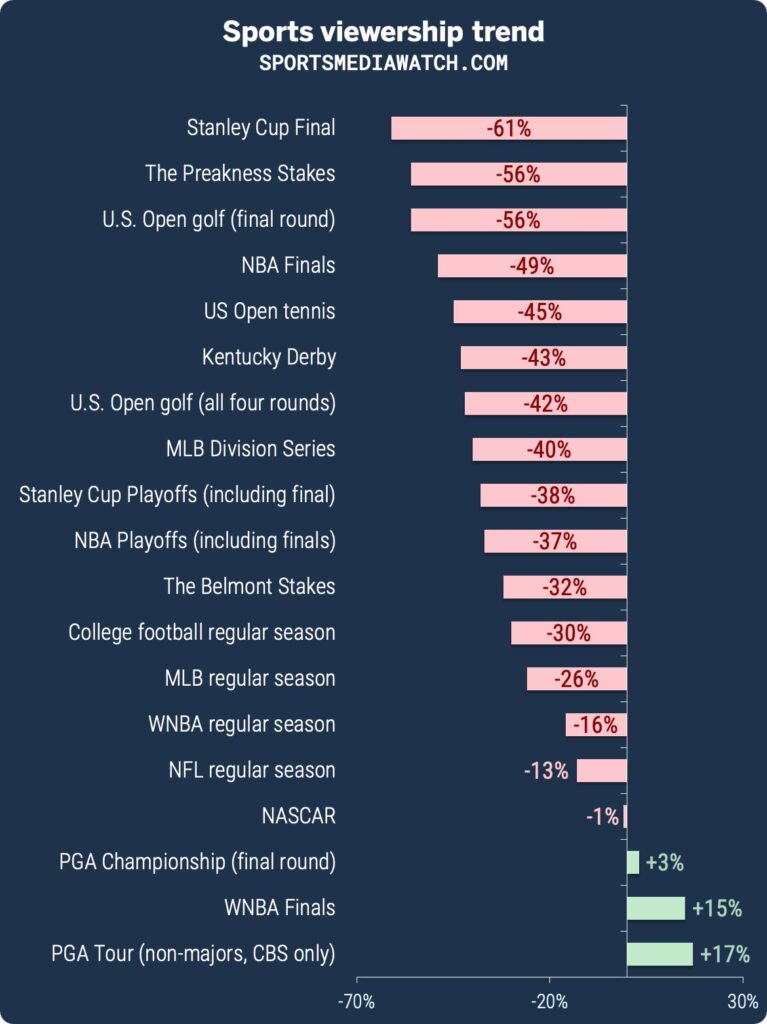
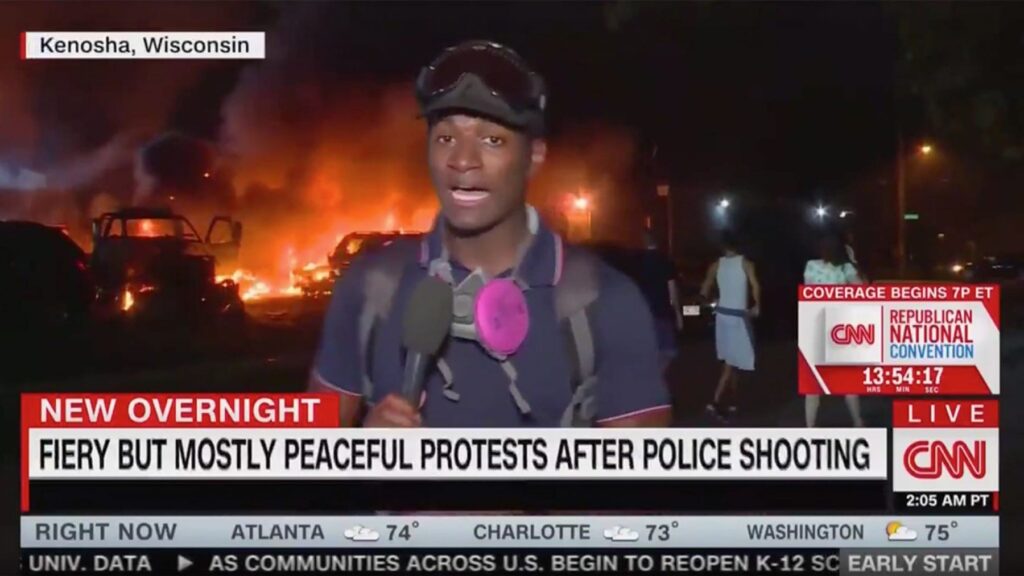
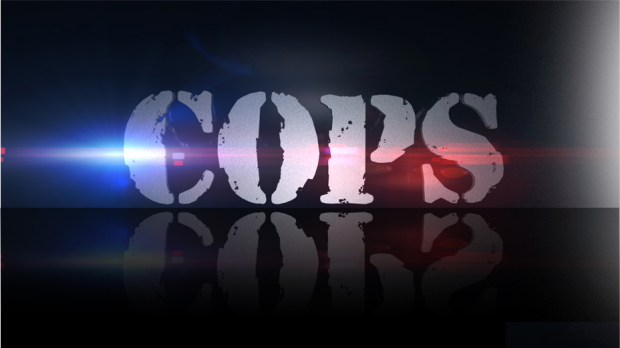
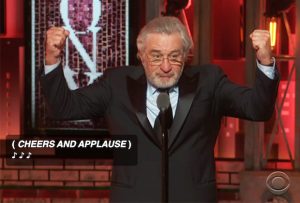 You may have missed the 72nd Annual Tony Awards broadcast last week…actually, based on ratings you almost certainly missed it…but even so you may have heard that movie star Robert De Niro dropped the f-bomb in a political statement directed at President Trump. Networks censors were ready and bleeped the offending word, as required by the FCC, but viewers at home still got the message.
You may have missed the 72nd Annual Tony Awards broadcast last week…actually, based on ratings you almost certainly missed it…but even so you may have heard that movie star Robert De Niro dropped the f-bomb in a political statement directed at President Trump. Networks censors were ready and bleeped the offending word, as required by the FCC, but viewers at home still got the message.

 The 2018 Winter Olympic Games, aka XXIII Olympic Winter Games, are underway in
The 2018 Winter Olympic Games, aka XXIII Olympic Winter Games, are underway in 